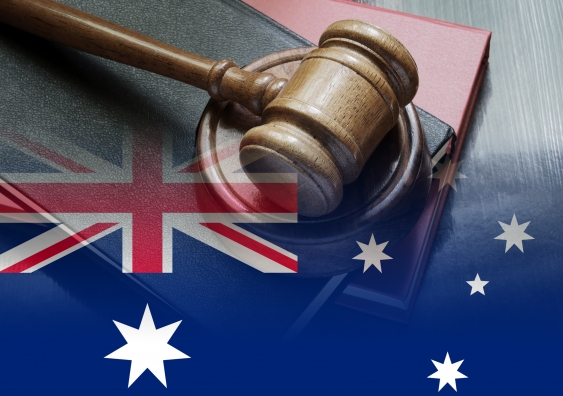Australia's first female chief justice cannot take popular support for granted
The rise of a "whatever it takes" approach in Australian politics poses a major challenge for Susan Kiefel, the newly installed leader of the Australian judiciary, writes George Williams.


